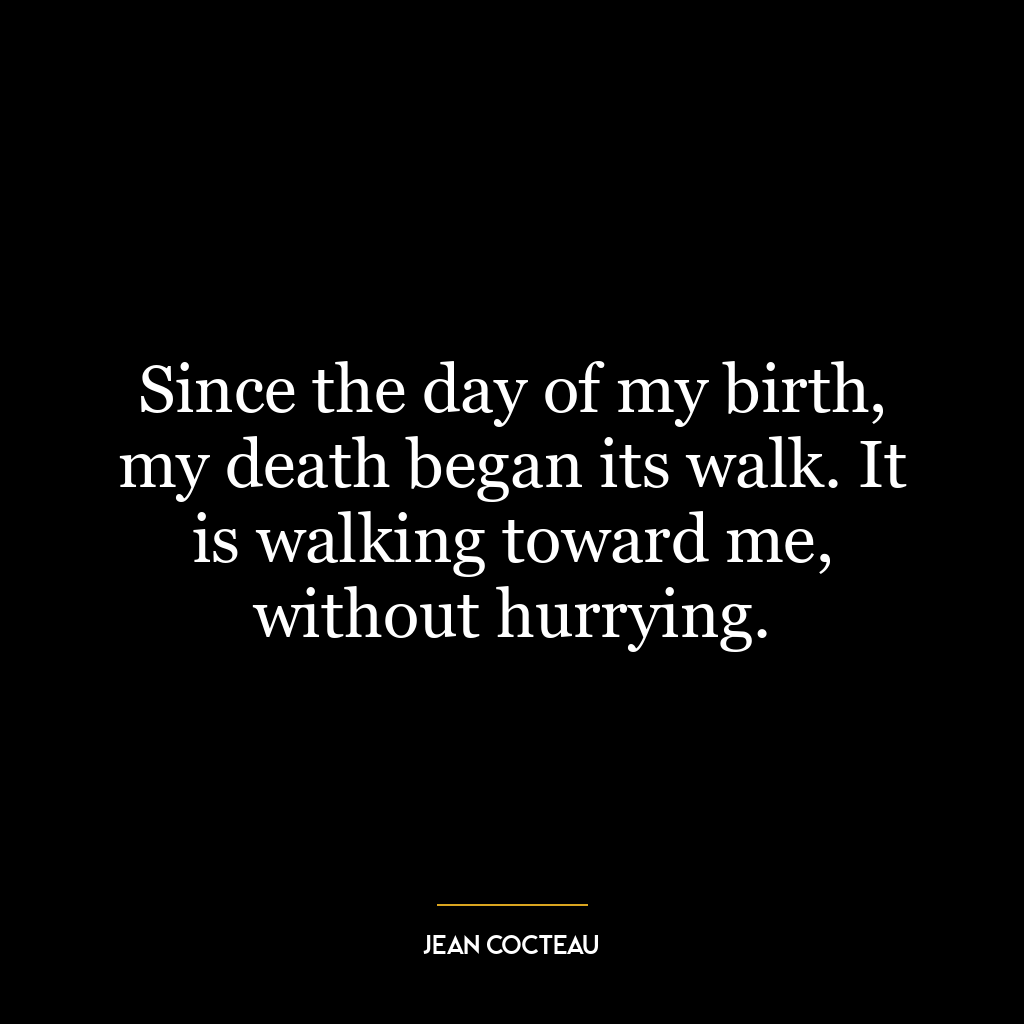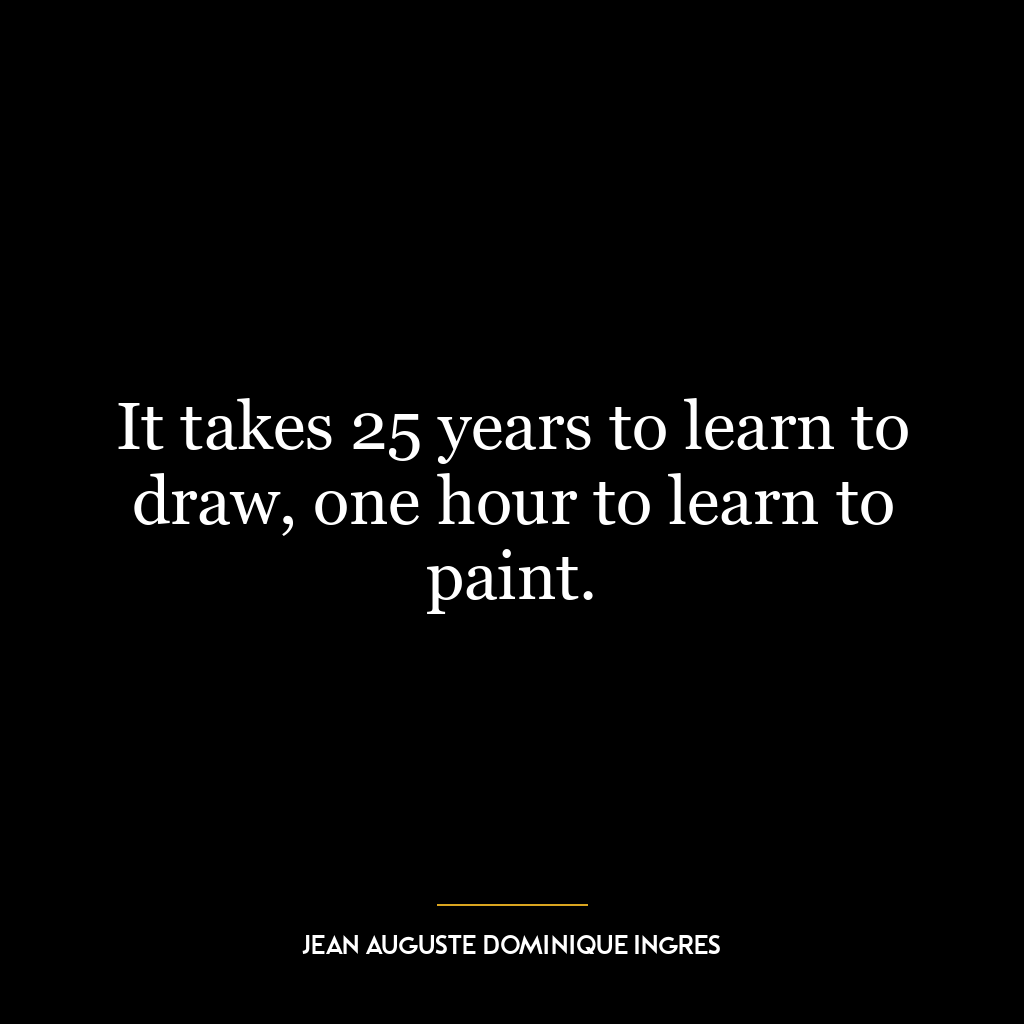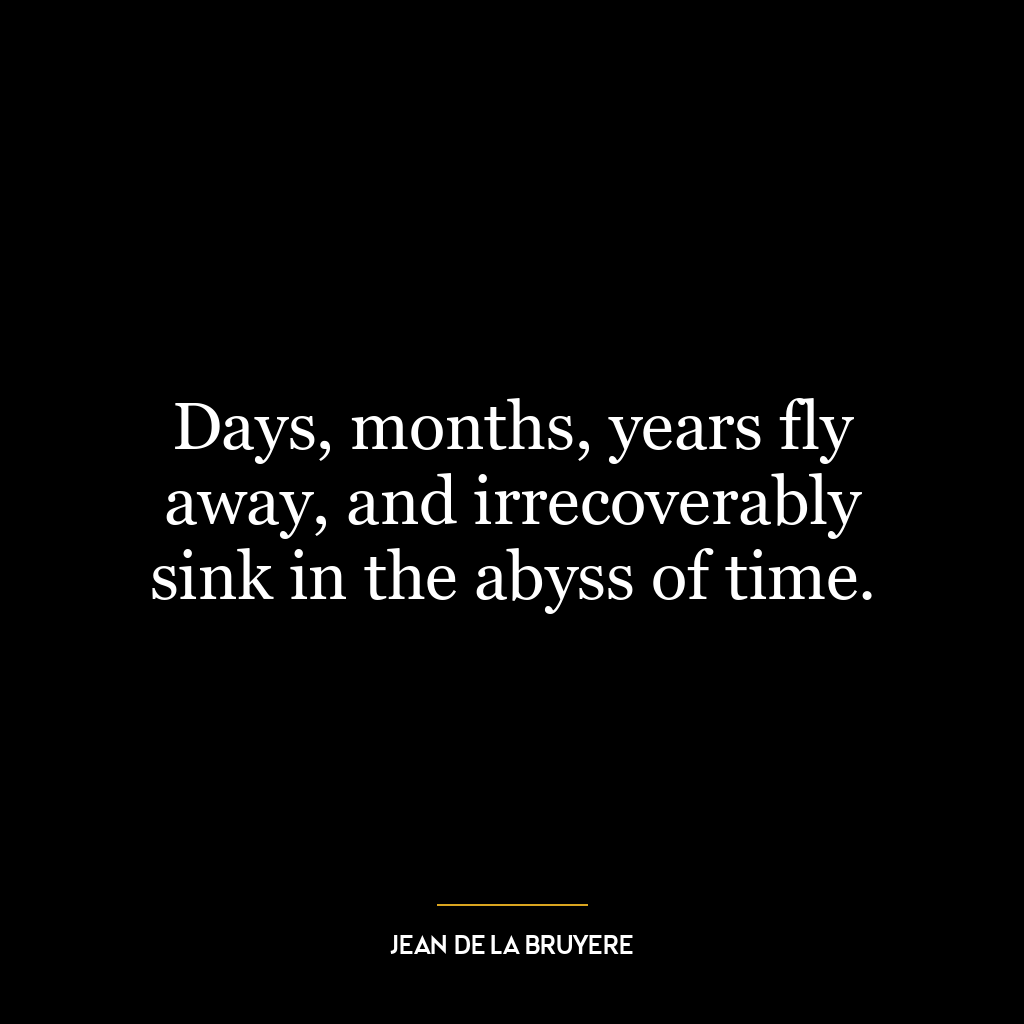Disorder increases with time because we measure time in the direction in which disorder increases.
This quote is a reflection of the second law of thermodynamics, which states that the total entropy, or disorder, of an isolated system can only increase over time. In other words, things naturally tend to move from order to disorder. This is why a room gets messier over time if no effort is made to clean it, or why a hot cup of coffee cools down to room temperature if left untouched.
When Hawking refers to “we measure time in the direction in which disorder increases,” he’s pointing out that our perception of the flow of time is intrinsically linked to this increase in disorder. We perceive time as moving forward because we see things aging, decaying, or becoming more chaotic. If entropy could decrease – if a cup of coffee could spontaneously heat up, for example – our perception of time might be very different.
Applying this concept to today’s world or personal development, one could say that it emphasizes the importance of active effort in maintaining order and fighting against the natural drift towards chaos. Whether it’s in the context of keeping a home clean, managing a project at work, or maintaining a healthy lifestyle, it takes continuous energy and effort to keep things organized and efficient.
Furthermore, it highlights the inevitability of change. Just as disorder increases with time in physical systems, changes, whether positive or negative, will occur in our personal and professional lives. Accepting this can help us adapt more readily to these changes and view them not as disruptions, but as a natural part of life’s progression.
In addition, it may also serve as a reminder to appreciate moments of order and harmony when they occur, understanding that they are temporary states in the ever-moving flow of time. This could encourage mindfulness and presence in the moment, as we recognize the transient beauty in ordered, structured experiences.








